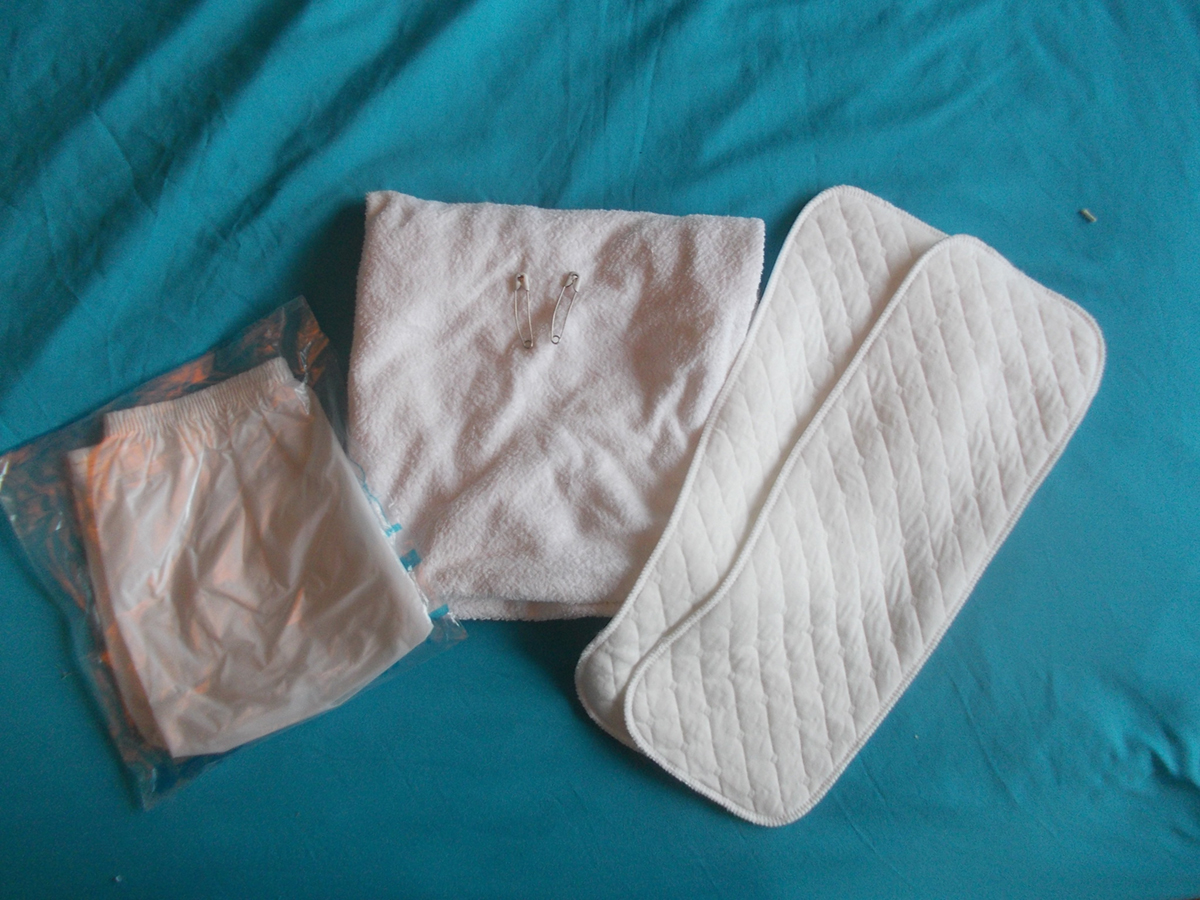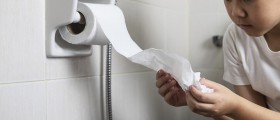
Bed wetting or enuresis is not uncommon among young children. It is estimated that over 5 million children wet their beds.
This problem is usually very embarrassing and humiliating for the child, so it is important not to react with anger, but with understanding and affection. The Child needs to know that wetting the bed does not mean they are bad. Parents will need to determine whether the problem is physical or emotional.
There are two types of enuresis, primary and secondary.
Primary enuresis means that the child has always had problems with bed wetting, while the secondary type occurs if a child has not wet the bed for a year or more and then regressed to wetting the bed again.
In most cases of primary enuresis, the cause lies in gastrointestinal problems or in late physical development. Secondary enuresis is usually related to an emotional problem and the child should be evaluated by a mental health professional.
It is important that parents understand the nature and the stages of a child’s development in order to be able to identify correctly the problem as they occurs. The bladder grows as the child grows. In the beginning, it cannot hold urine for long. When the bladder is big enough to hold a cup and a half of urine, the child should be able to sleep through the night without urinating.
The development of neuromuscular control is also a factor here. Many times, this development is not complete until the age of five, so it is not reasonable to expect a child to hold urine while sleeping before that age.
The Parents’ attitude is extremely important in overcoming bed wetting. Parents need to stay calm and casual while changing the child\'s wet clothes and sheets, they can even involve the child in that, if he or she is old enough. Yelling or punishing the child for wetting the bed is not only wrong but it will also have a completely opposite effect.
In cases of secondary enuresis, when a child suddenly starts wetting the bed, the most likely cause is some kind of emotional stress. This can results from a new born baby in the family, a divorce of the parents, a new step-parent, a change of environment (moving, new school).
Bed wetting in these cases is usually short term. However, if a child over five years of age suddenly starts wetting the bed, the parents should look into what is happening with their child.
If a child has a bed wetting problem, parents should eliminate fluids after dinner and have the child urinate a couple of times before bedtime, even wake him up during the night to go to bathroom. It is important to talk to the child and explain how urination works.
If enuresis persists, a doctor can prescribe drugs like desmopressin, which dries up extra fluid and comes in the form of nasal spray, or imipramine, which relaxes the bladder.

















Your thoughts on this
Loading...